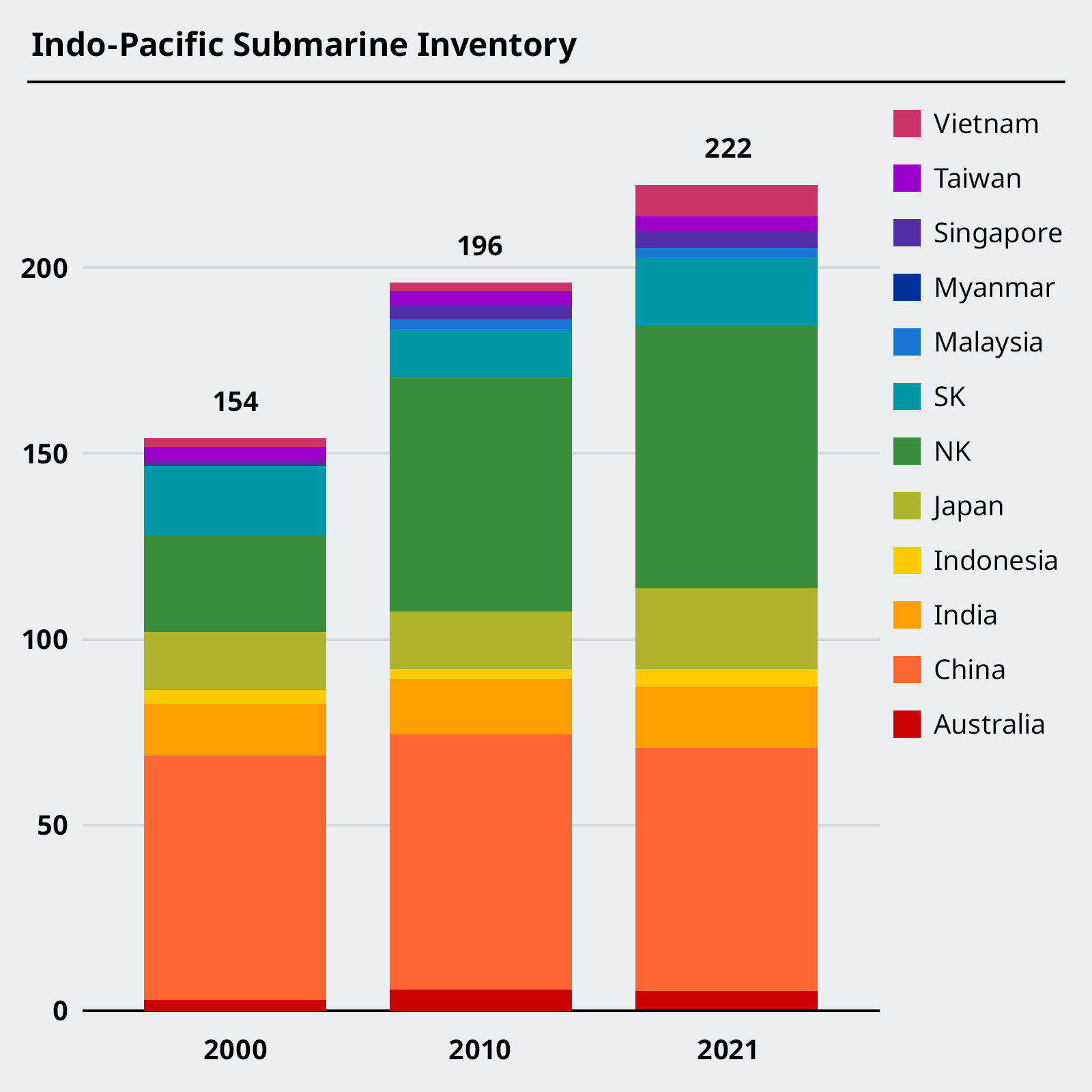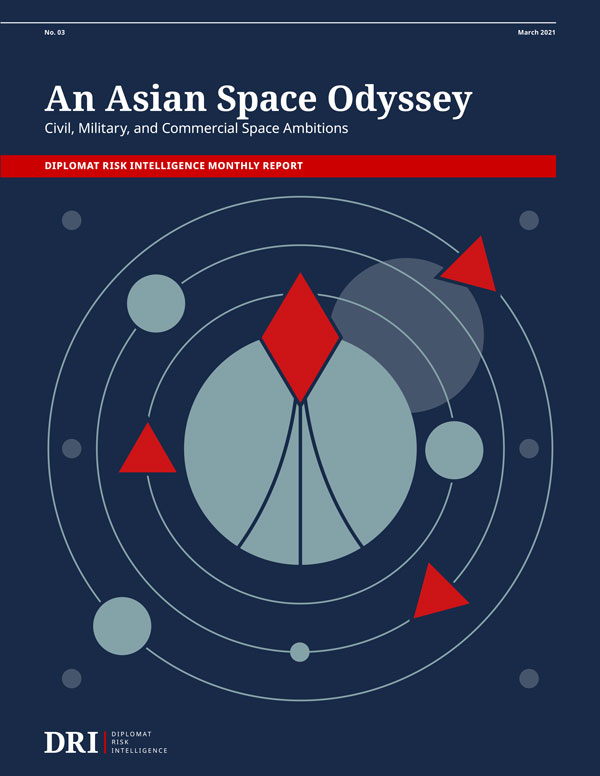| Welcome to the latest issue of Diplomat Brief. This week our top story looks at Pakistan’s troubled vaccine rollout amid worrying signs of a COVID-19 surge. We also have an interview with Jonathan Stromseth, Lee Kuan Yew Chair in Southeast Asian Studies at the Brookings Institution in Washington, D.C, on Southeast Asia’s response to China-U.S. rivalry. |
| Story of the week |  | SOCIETY Pakistan’s COVID-19 Vaccine Campaign Crawls AlongWhat Happened: Pakistan started its vaccine drive with China-supplied shots in late February, around the same time a variant-driven third wave of COVID-19 began to rear its ugly head. Yet even as case counts surge, Pakistan faces problems with vaccine uptake, storage, and distribution. Our Focus: Dr. Seemi Jamali, executive director at JPMC, told The Diplomat that the center has vaccinated over 30,000 people, the majority of whom are from the affluent sections of society. Many poorer Pakistanis are unwilling to get shots: “The reluctance is due to myths such as [the] vaccine causing infertility or changing genetic codes as well as people believing COVID-19 to be a conspiracy,” she said. What Comes Next: Experts warn the pace of Pakistan’s vaccine campaign won’t be enough to turn the tide on the current surge of infections. Meanwhile, Pakistan’s notorious summer blackouts are looming, and with them new hurdles for distribution of refrigeration-dependent vaccines. Read this story |
| Behind the News | INTERVIEW Jonathan StromsethJonathan Stromseth, Lee Kuan Yew Chair in Southeast Asian Studies at the Brookings Institution in Washington, D.C., on the United States’ Southeast Asia policy: “U.S. policy has become too concentrated on defense and security, to the detriment of diplomacy and development, allowing China to fill the soft power vacuum and capture the narrative through BRI. Security concerns still matter, to be sure, but Southeast Asian countries tend to prioritize economic development because it is the immediate pain point for most of them.” Read the interview |
| This Week in Asia | Northeast Asia Is North Korea Finally Ready to Open Its Border?Several times this year, media reports have suggested that Pyongyang is about to reopen its normal trade flows with China, which it severed over a year ago to prevent the spread of COVID-19. That decision has taken an immense economic and social toll. Now, Reuters reports that cargo train service from China to North Korea is supposed to reopen around May 1. If so, it’ll bring welcome relief to communities on both sides of the border. Find out more | South Asia U.S. Helps India Combat COVID-19 DisasterAmid a disastrous second COVID-19 wave sweeping through India and bringing the country’s healthcare system to its knees, the United States has announced an ambitious, though somewhat belated, plan to help its key security partner combat the surge. However, much remains unknown as to how the U.S. would square its domestic imperatives when it comes to vaccine manufacturing with international commitments to help countries around the world combat the resurgent pandemic, India included. An April 26 phone call between President Joe Biden and Indian Prime Minister Narendra Modi provides some answers – but raises questions of its own. Find out more | Southeast Asia Southeast Asia Battles Fierce COVID-19 WaveAlongside India’s COVID-19 tragedy, several Southeast Asian nations are in the midst of record outbreaks of the disease. So far this week, cases have spiked upwards in Thailand, Cambodia, Laos, the Philippines, and Timor-Leste, while caseloads remain ominously steady in Indonesia and Malaysia despite government efforts. The glacial pace of vaccine rollouts suggests that the region’s battle with COVID-19 is likely to be long and painful. Find out more | Central Asia Someone Finally Nominated to Lead U.S. South and Central Asia AffairsIt's been more than four years since there has been an official, confirmed, assistant secretary of state for South and Central Asia. President Trump never got around to filling the spot. President Biden has nominated U.S. Ambassador to Kyrgyzstan Donald Lu for the position. If confirmed, Lu would be the first person with considerable Central Asia experience to take over the portfolio that includes not just Central Asia, but Afghanistan, India, and Pakistan. Look out for a confirmation hearing in the coming weeks. Find out more |
|  |





